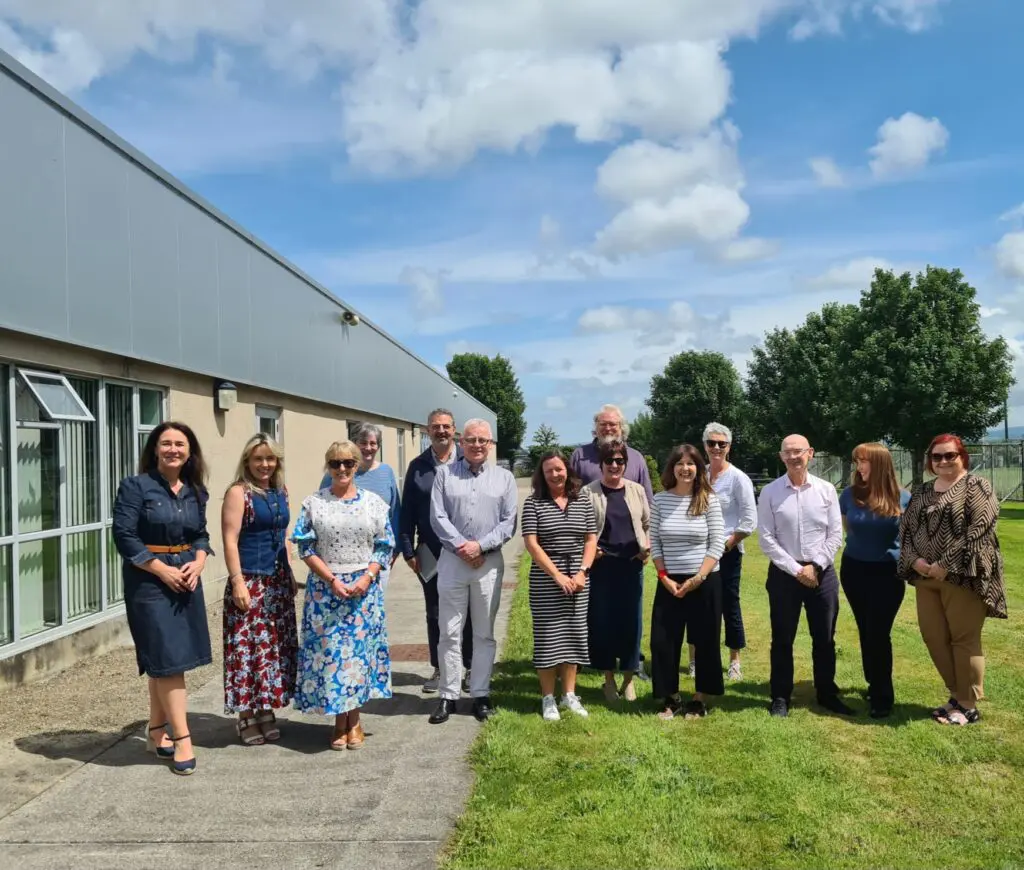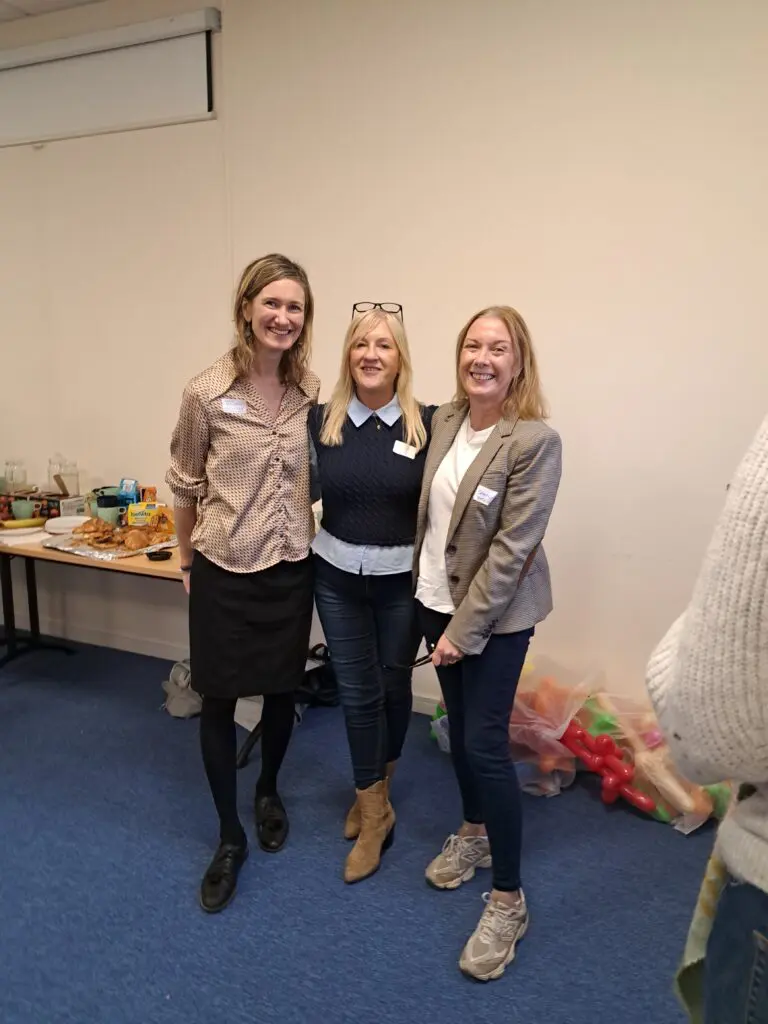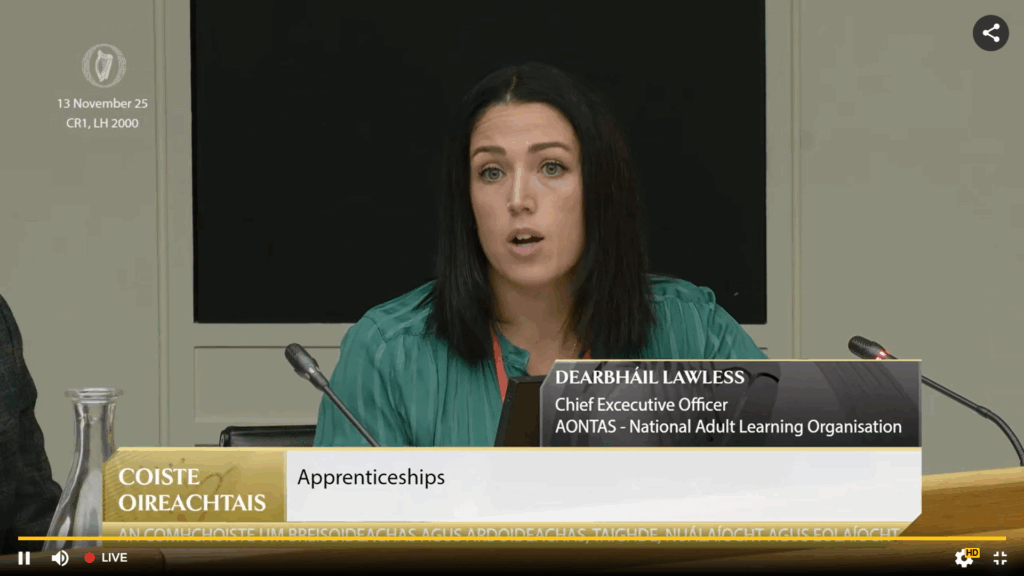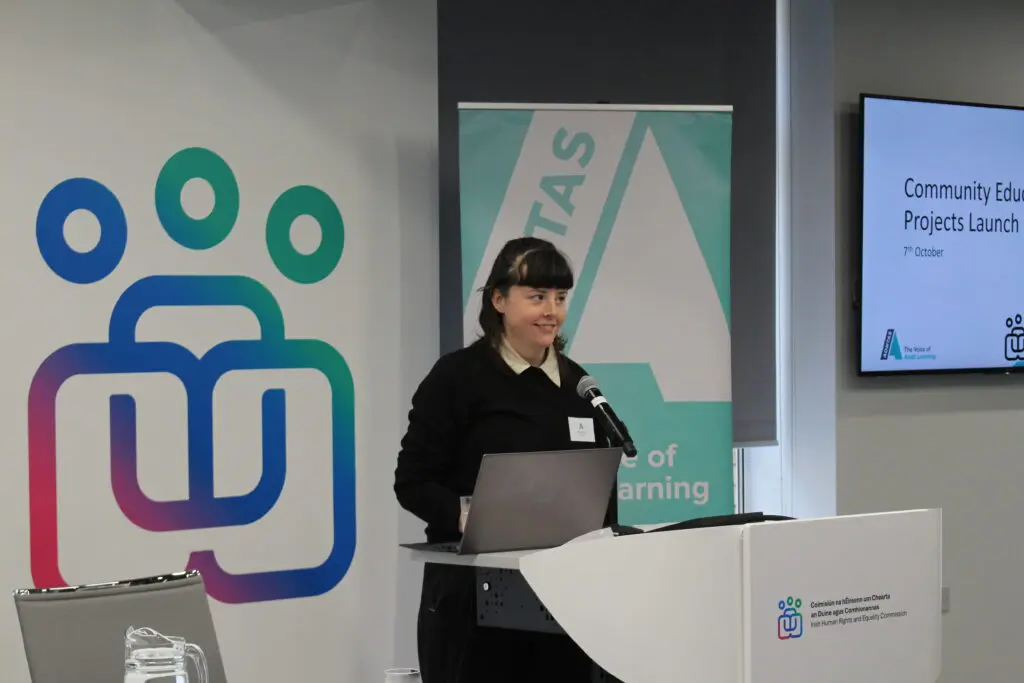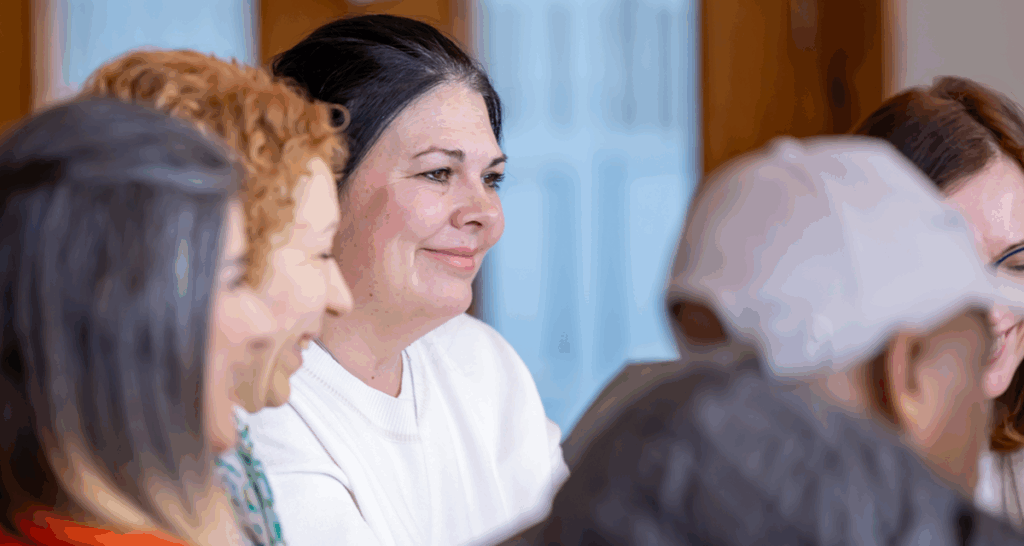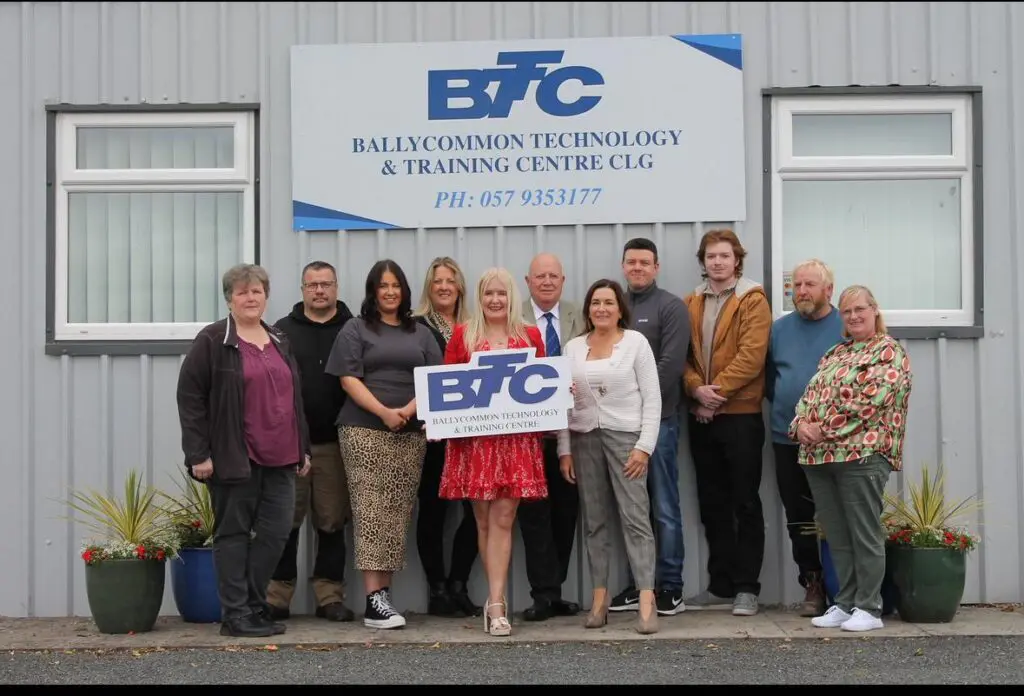Despite this marked success in the adult learning sector, there are a number of important issues which must be considered. Firstly, the LFS covers citizens living in private households; it does not include those living in shared or collective housing. This means groups including the following are excluded when calculating the lifelong learning participation rate:

- Travellers living in Traveller-specific accommodation
- people identified as homeless living in shared accommodation or sleeping rough
- lone parents in shared homes
- people with disabilities or receiving mental health support and living in service-supported accommodation
- people living in Direct Provision centres
The research also excludes older people by covering those aged up to 64 only: in Ireland this excludes approximately 673,000 people aged 65 and over.
Before celebrating the increased figure for 2018, we should acknowledge the problematic nature of failing to record these groups and their educational attainment – and, in turn, the support they receive – within such research.
The Recommendation on Upskilling Pathways (2016), a key European adult education policy, seeks to provide an intervention for people with low levels of basic skills by providing a skills assessment, a learning offer, and validation and recognition. This includes reading, writing, numeracy, digital skills, and broader skills up to Level 5 on the National Framework of Qualifications, which is equivalent to Level 4 on the European Framework of Qualifications.
In Ireland, the Upskilling Pathways initiative seeks to provide new learning pathways for all citizens but with a focus identified by Government (see AONTAS submission) on building pathways to learning for marginalised groups including:
- Travellers
- lone parents
- people identified as homeless
- men (and specifically older men) in employment
- farmers/construction/drivers
- people unemployed/inactive
The Organisation for Economic Co-operation and Development (OECD) recognises that adult learning policy can address skill imbalances and, in turn, support the overall wellbeing of a country. AONTAS continues to highlight the value of and need for community education in supporting and including the most educationally disadvantaged people in Ireland.
As National Coordinator for the European Agenda for Adult Learning (EAAL) AONTAS works directly and collaboratively with the European Commission, the Department of Education and Skills (DES), SOLAS, Education and Training Boards Ireland (ETBI), Quality and Qualifications Ireland (QQI) and other state, national and community education institutions and organisations in the implementation of adult learning policy. The European Agenda consolidates all European adult learning policy and defines the focus for European cooperation. In Ireland, AONTAS’ current project is titled Increasing Pathways, Increasing Participation (2017-2019). Activities include:
- collaboration with all European National Coordinators and the European Commission
- Project Advisory Group (PAG) including DES, SOLAS, ETBI, QQI and others
- national adult education campaigns
- One Step Up Information and Referral Service
- Learners as Mobilisers (adult learner specific activities)
- adult education partnership seminars (including collaboration with NALA, EPALE, Léargas)
- free professional development for community education tutors/staff
- Upskilling Pathways Recommendation research
- participation and attendance at European activities including conferences, seminars and peer learning activities promoting adult learning, sharing best practice and professional development
In Conclusion
AONTAS advocates for a more equitable education system through widening access to education for all adults in Ireland. In Ireland, we prides ourselves on a strong community and adult education system and we must continue our efforts to ensure we have meaningful inclusion within our structures. An adult learning participation rate of 12.5% is a step forward and we commend all those involved in working together to increase participation. However, supporting wider participation is a stated policy goal of adult education in Ireland and we must therefore listen to the needs of all learners and include their voices within policy and the research that informs it.
If you would like to learn more about our European work including the European Agenda for Adult Learning in Ireland please contact EU Projects Officer Dearbháil Lawless at dlawless@aontas.com.

